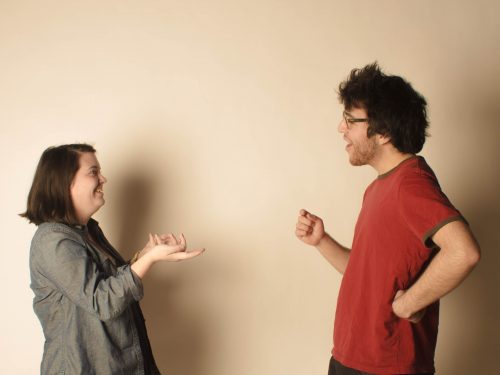Evidence for a liking gap reveals that we may be more liked than we tend to think
Ever walked out of an interview flooded with regrets? Thought you struck the wrong chord with someone you just met? If this sounds all too familiar, you may have simply experienced an illusion called the liking gap.
A study led by Yale, Harvard, Cornell, and University of Essex and recently published by the Association for Psychological Science found that people frequently underestimate their likeability following both short and long term social interactions. People tend to be overly critical of their own mannerisms during a conversation, which leaves both parties with an unclear perception of how the other person actually feels or thinks.
In a multifold experiment led by Margaret Clark, Yale Professor of Psychology and other psychology researchers, participants were monitored during both structured and unstructured conversations that ranged from five to ninety minutes. These participants responded to questions regarding the other party’s likeability and their prediction of how much their partner liked them. The liking gap, which was determined by the difference between these two surveys, persisted after short, medium, and long conversations.
Still, many of our most meaningful social interactions extend beyond a single conversation. To test the existence of the liking gap in long term relationships, researchers examined the actual and perceived liking of suitemates at Yale University throughout an academic year. While the liking gap lingered for several months, it disappeared by the end of the spring term, at which point students accurately assessed how their suitemates felt about them.
So, to answer the question, your roommate doesn’t hate you. At the least, you can rest easy knowing that your roommate—or interviewer, or that someone you just met—is probably wondering the same thing.

